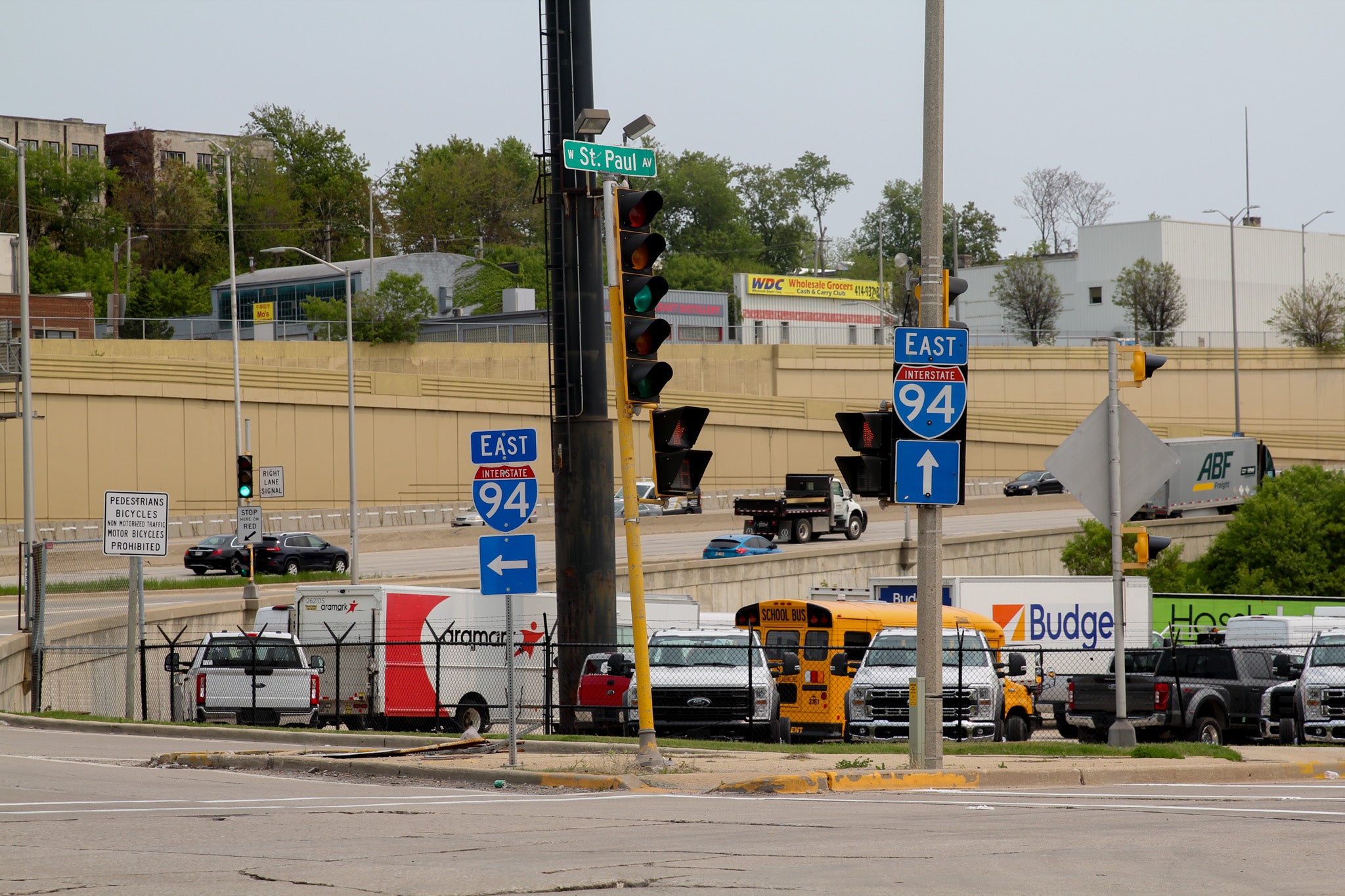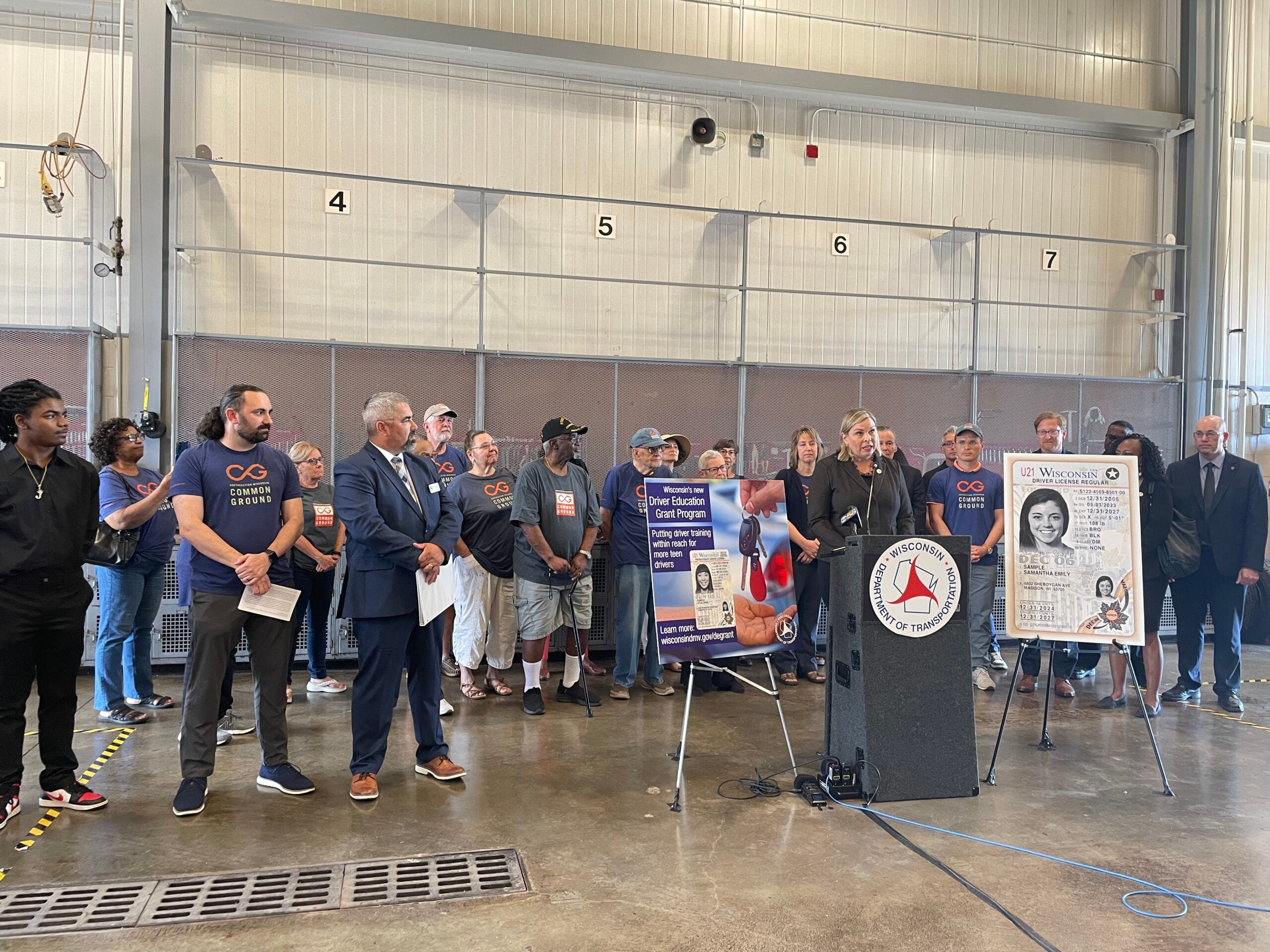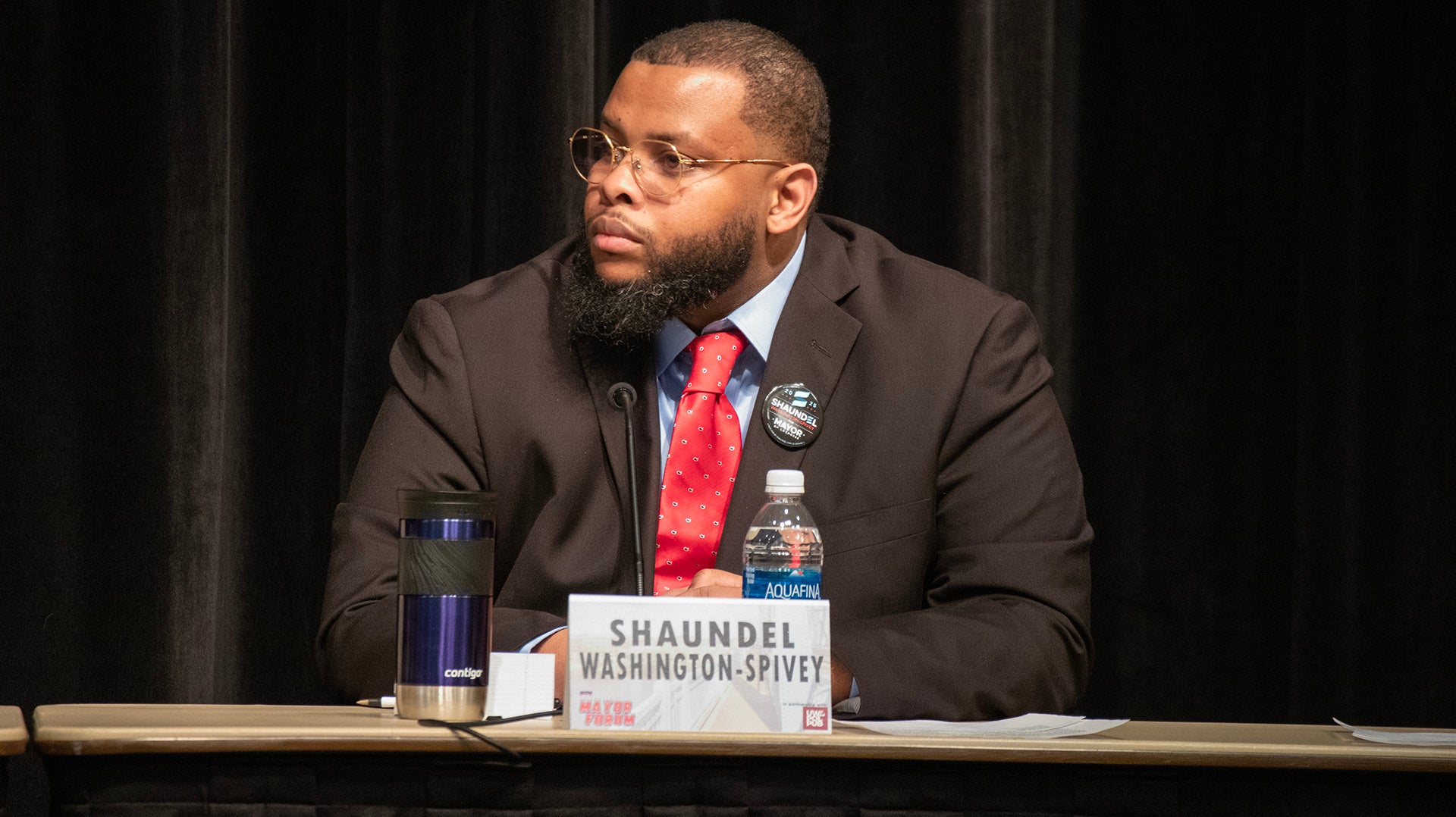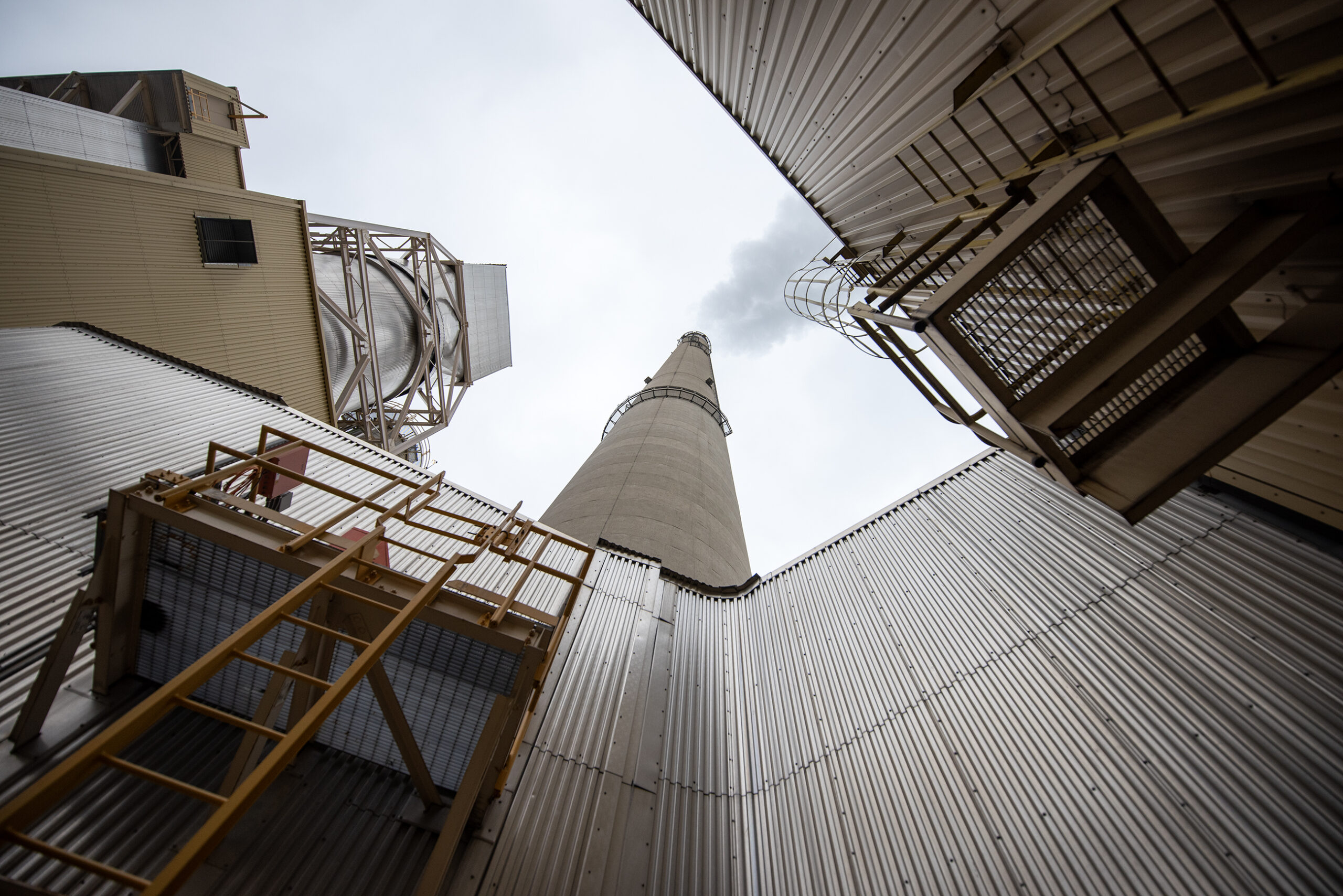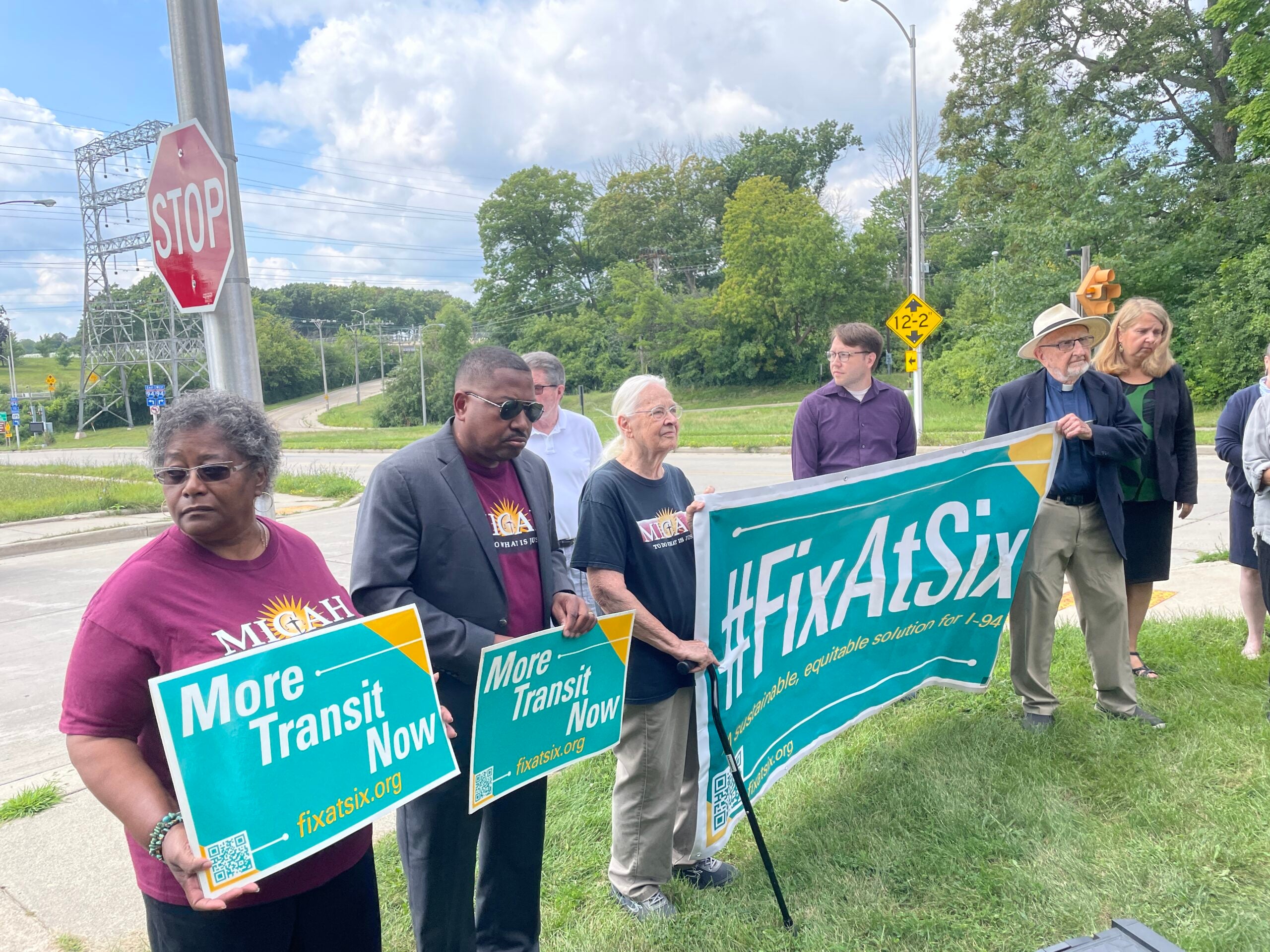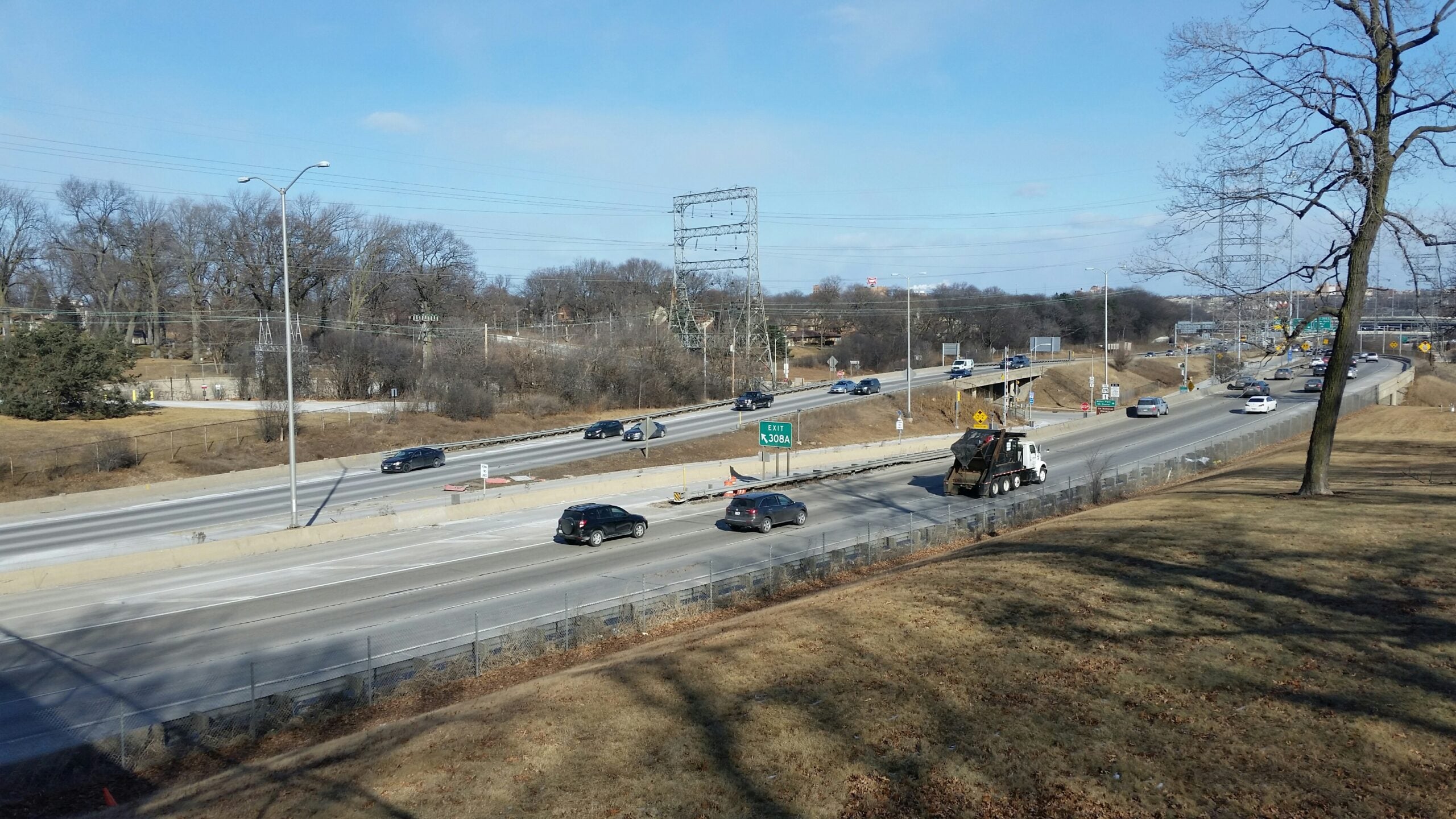If a $1.2 billion proposal by the state Department of Transportation gains approval from federal regulators, Interstate 94 would expand from six lanes to eight lanes for about 3.5 miles near American Family Field in Milwaukee.
But while state officials say the expansion would improve highway safety and boost the economy, opponents hope a federal civil rights complaint will block the effort after weighing its impact to Black and Hispanic neighborhoods.
“The scale of this project and the size of the impact, especially on Black and Hispanic neighborhoods around the highway, make it an exceptionally bad case of highway expansion,” said Cassie Steiner-Bouxa, senior campaign coordinator for the Wisconsin chapter of the Sierra Club.
News with a little more humanity
WPR’s “Wisconsin Today” newsletter keeps you connected to the state you love without feeling overwhelmed. No paywall. No agenda. No corporate filter.
Steiner-Bouxa recently outlined her concerns with freeway expansion and her advocacy for public transportation in an interview with WPR’s “The Morning Show.”
For a more historical perspective, the program also spoke with Kirk Harris, an associate professor in the Department of Urban Planning at the University of Wisconsin-Milwaukee.
Harris specializes in studying racial and economic inequities. He discussed how infrastructure projects have furthered segregation and discriminatory practices. He also offered his thoughts on Steiner-Bouxa’s critiques of the project and shared his advice to urban planners.
The following from Harris was edited for brevity and clarity.
Kate Archer Kent: What do you think about Steiner-Bouxa’s views on the proposed expansion of I-94?
Kirk Harris: Highway construction has been, historically, a mechanism for reinforcing many of the systemic disadvantages that we’ve seen. … We have physical infrastructures that have created these challenges for Black and brown and low-income communities. Highways are just one example of how they have segregated communities.
We’re expending huge amounts of resources on highways as opposed to public transportation. This is important because there’s growing economic inequality in America, and the ability to afford a car has become increasingly out of reach for many individuals. As a result, our decisions to invest in roads, as opposed to comparably investing in public transportation, further exacerbates those inequalities.
KAK: How do you make changes when some problems are embedded in how the infrastructure was originally built?
KH: That’s a matter of public policy and practice. We have to be intentional around the ways in which we reinvest in things that we haven’t reinvested in. We need to rethink the ways in which we bring housing, economic development and green space together to generate a more dense living environment so places are much more walkable and much more accessible — and potentially more affordable.
We have in our minds that the car is king, and if we can reengineer the ways in which we think about the opportunities to generate public transportation and support it, I think we’d be far better off both economically and environmentally. We would be addressing, in the long run, these larger inequalities that continue to manifest as a result of the public policies and practices that we continue to push forward.
It requires communities that are most burdened to actually identify an advocacy opportunity to try to address the problem more holistically.
Kirk Harris
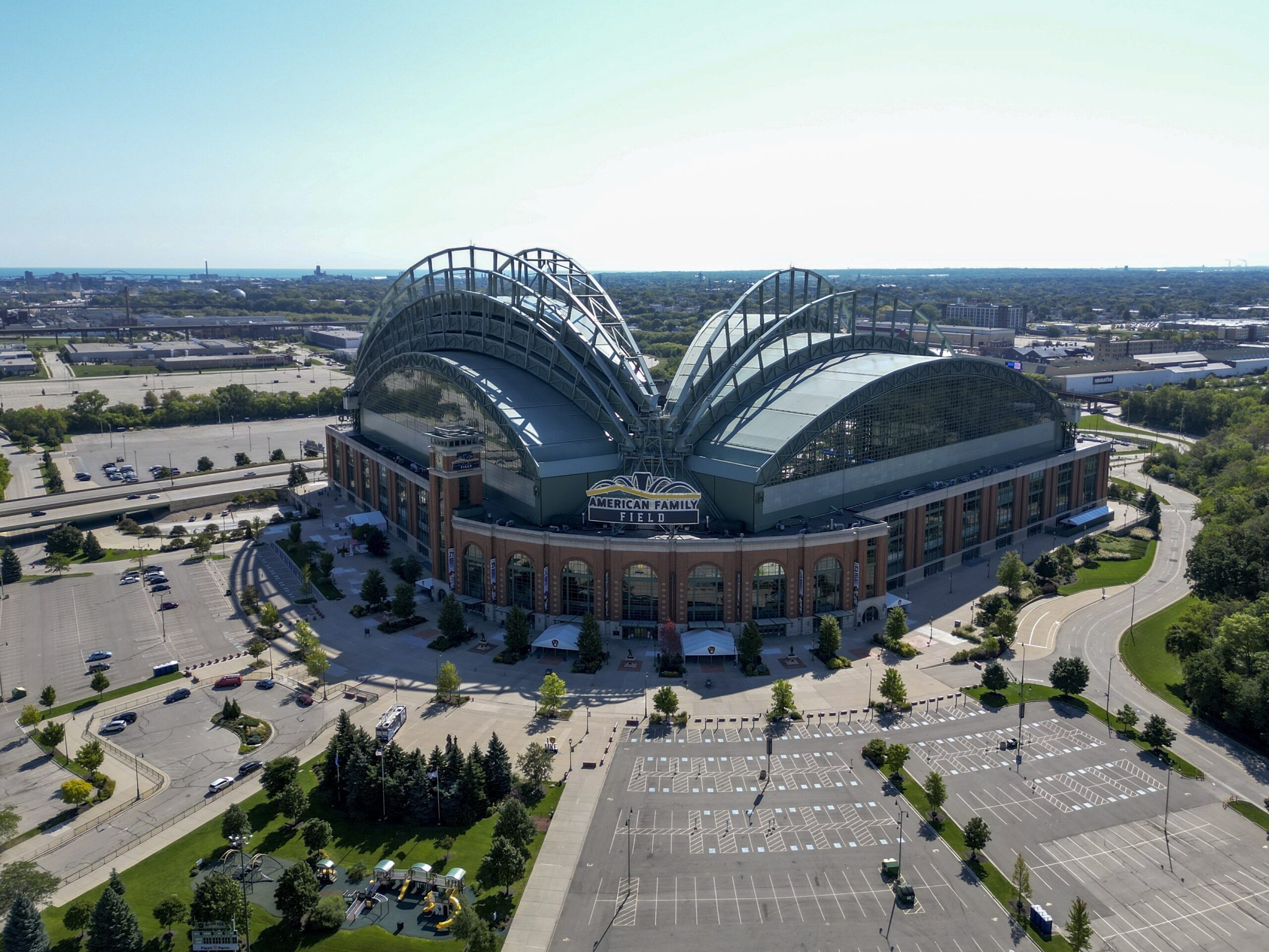
KAK: With a federal civil rights review underway, how effective are these reviews in response to transportation complaints?
KH: We do these assessments for the purpose of ensuring equality in the development of this infrastructure. But the reality is the resources that are required to actually address these deeply embedded challenges often aren’t actually made available once these things are uncovered.
So, you create the problem. You identify it. There’s not enough resources to solve it. You may push forward with the project. Then, it requires communities that are most burdened to actually identify an advocacy opportunity to try to address the problem more holistically.
The system is really — as a recovering lawyer, I won’t say rigged. But maybe I will say rigged. It’s not functional for the individuals who are being impacted by it on a day-to-day basis.
KAK: Going earlier in the planning process for these projects that take years, how could racial impact studies or statements affect these government agencies and decision makers way up the pipeline?
KH: You know what the answer to that is? Public engagement. But you know what? Public engagement is expensive. It’s timely, and there’s a disinclination to be involved in it largely because people are speaking to the history that has compromised their communities. … Many of the individuals who may be invoking these highway strategies from a top-down basis may not want to necessarily hear all that.
The answer is actually democratizing the process. But the challenge is that the process is often resistant to democratization. That’s the dilemma, right? In the planning context, we know we should be hearing those voices. Those voices will inform us about the ways in which they’re impacted and some of the things that need to be addressed. But are we willing to resource that understanding? Are we truly willing to fold it into the decision making?
KAK: What is your message to urban planners?
KH: My message is if we’re going to see democratic placemaking, if we’re going to create healthy and secure places, we’re going to have to deconstruct all the systems that have actually created the segregation that malapportioned opportunities and resources to communities. If we don’t get at that problem, we’re going to be having the same discussion when they throw me in the grave and throw dirt on me. That’s what I don’t want to see.
Wisconsin Public Radio, © Copyright 2025, Board of Regents of the University of Wisconsin System and Wisconsin Educational Communications Board.

